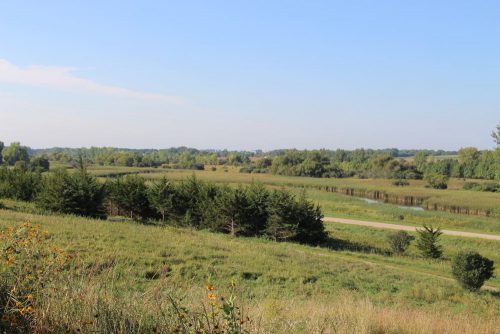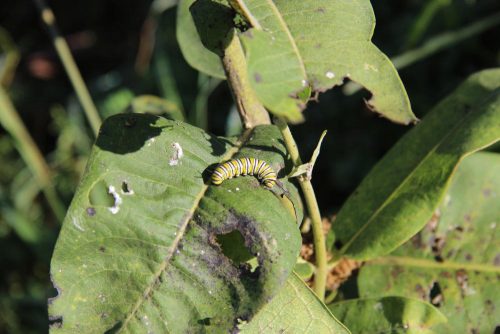I am not deep in the lore of statistics, but even I find this appalling.
It's a sign of how bad things have got that researchers think it's acceptable to write this in a Nature journal: "we continuously increased the number of animals until statistical significance was reached to support our conclusions." https://t.co/iaLadZaxom
— Adrian Barnett (@aidybarnett) September 2, 2018
No, really? And this is published in Nature, and not one reviewer threw a flag on the play? I had to double-check.
Yep, there it is. Wow. Why even bother with statistics if you’re just going to do the experiment until you get the answer you want?
Here, go read this: A Tutorial on Hunting Statistical Significance by Chasing N.





